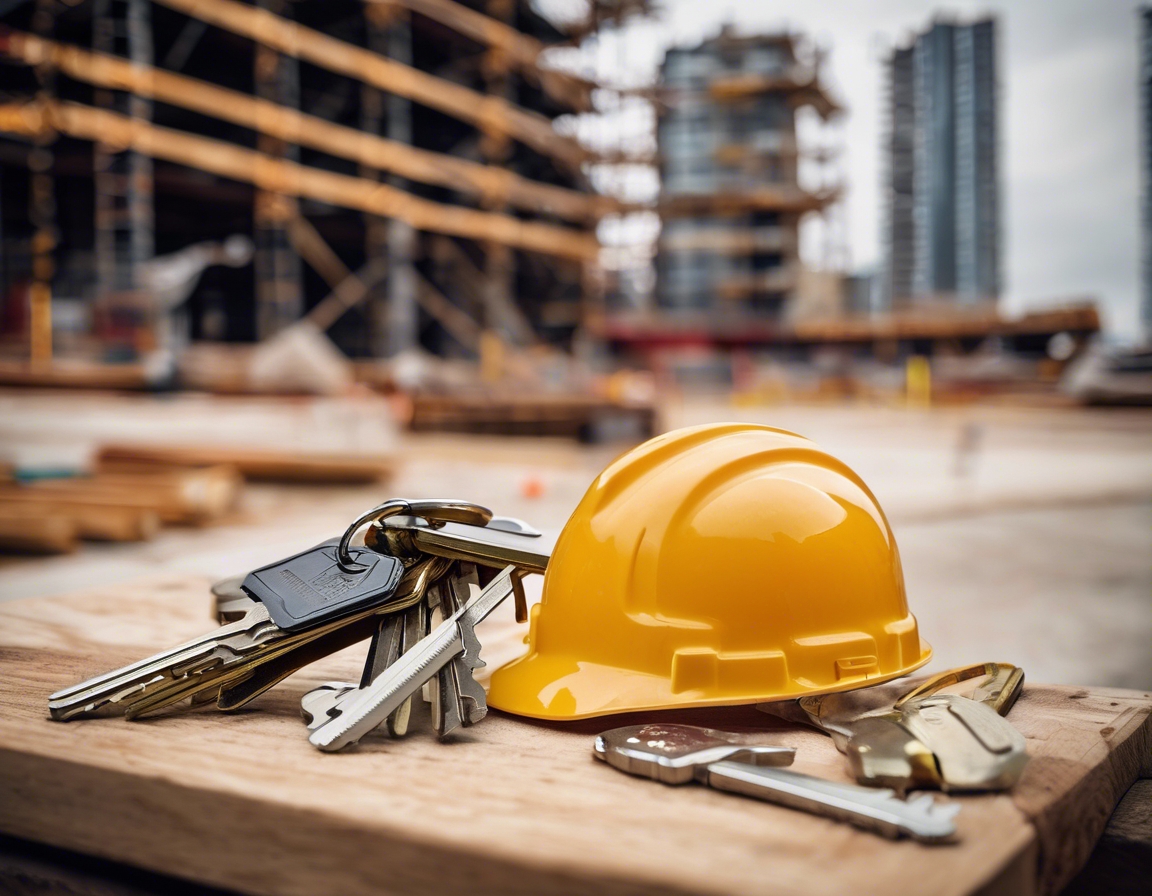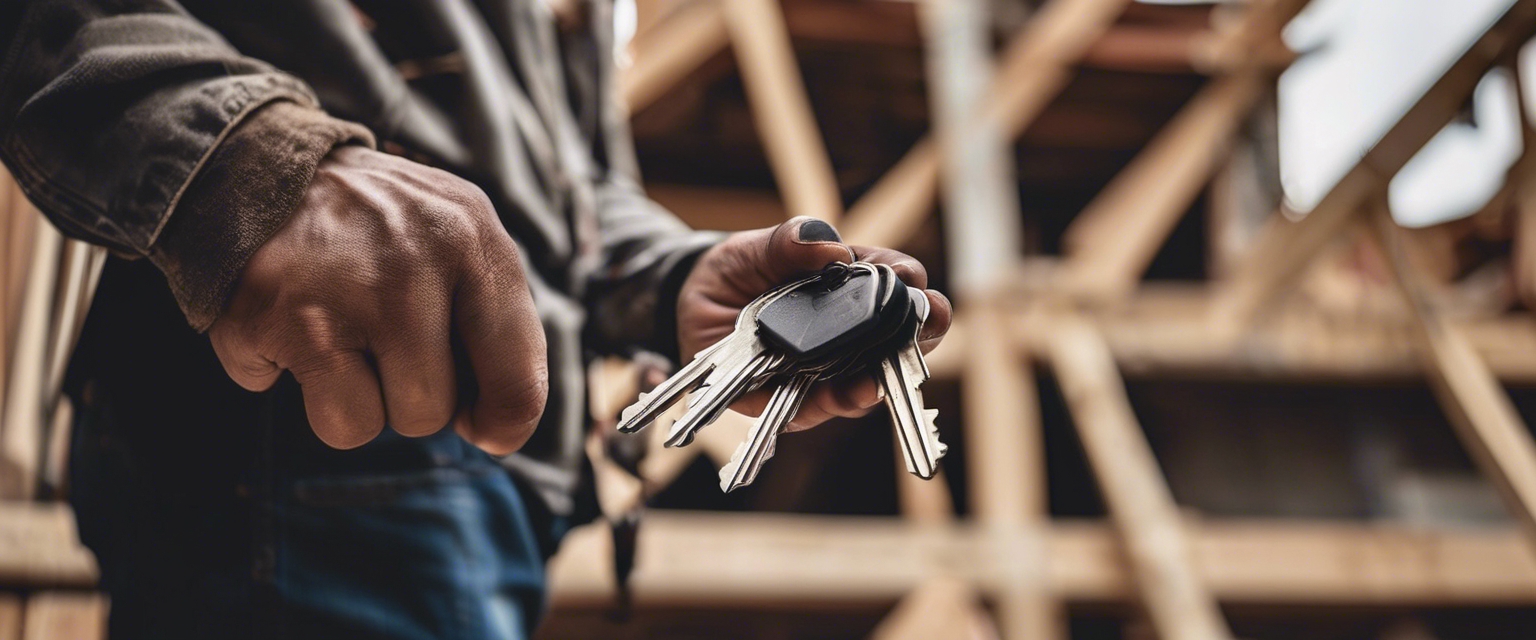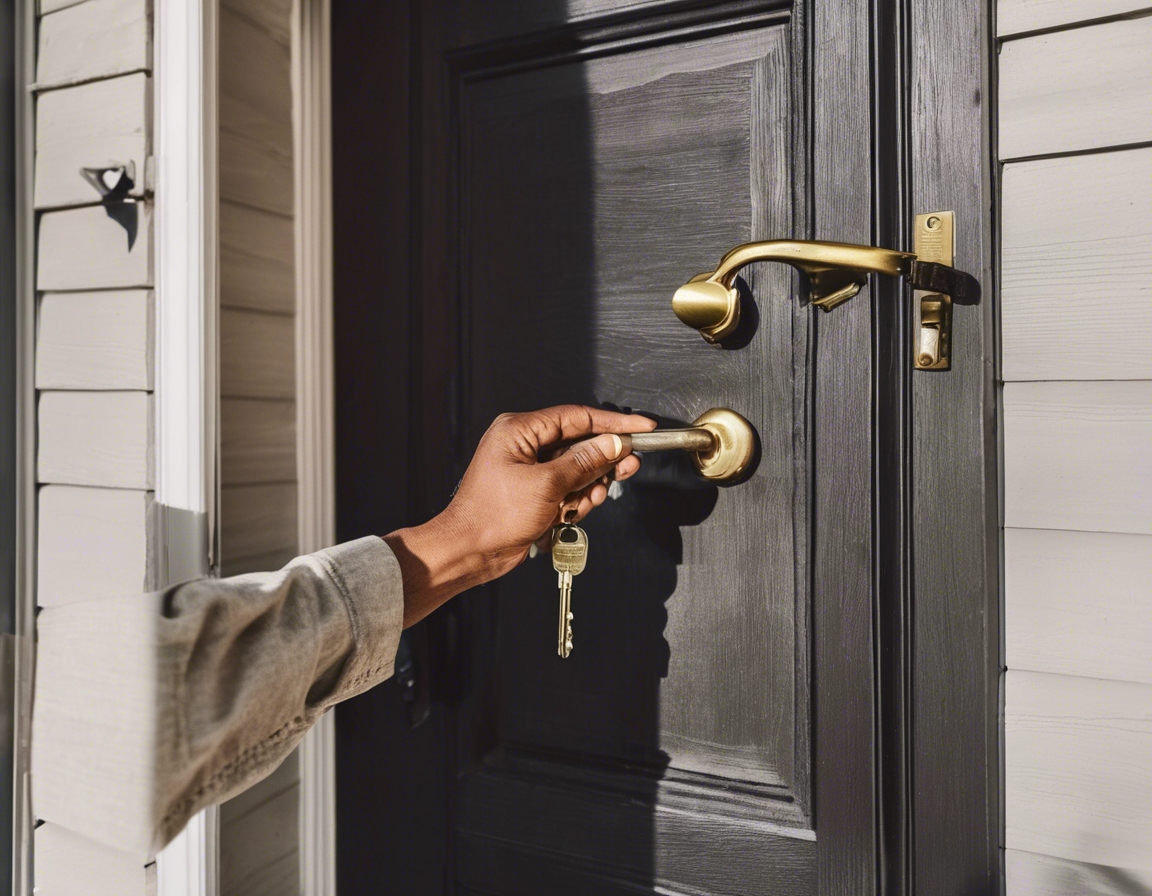Top 5 tips for first-time home builders
Embarking on the journey of building your first home is an exciting venture, but it begins with a crucial step: setting a realistic budget. This budget will guide every decision you make, from the size of your home to the materials you choose. It's essential to have a clear understanding of your financial limits to avoid overextending yourself.
When creating your budget, consider factors such as land costs, construction expenses, permits, and unexpected contingencies. It's also wise to allocate funds for interior finishes and landscaping, which are often overlooked in initial budgeting.
To stay within your budget, prioritize your needs over wants, and be prepared to make compromises. Regularly review your expenses and adjust as necessary to ensure you remain on track.
2. Choosing the Right Location
The location of your new home is just as important as the home itself. Evaluate potential locations based on proximity to work, schools, and essential services. Consider the commute times and accessibility to public transportation.
Neighborhood amenities such as parks, shopping centers, and recreational facilities can significantly enhance your quality of life. Ensure the area aligns with your lifestyle and future plans.
Research the area's growth potential and how it might affect property values. A location with strong growth prospects can offer better resale value in the future.
3. Designing Your Dream Home
Designing your home is where your vision comes to life. Collaborate closely with architects and designers to ensure your ideas are feasible and align with your budget. Their expertise can help you optimize space and functionality.
While aesthetics are important, functionality should not be compromised. Consider how each space will be used and ensure the design supports your daily activities and long-term needs.
Incorporate sustainable building practices and innovative solutions to enhance energy efficiency and reduce environmental impact. This not only benefits the planet but can also lead to cost savings in the long run.
4. Selecting a Reliable Construction Company
Choosing the right construction company is critical to the success of your project. Look for companies with a strong reputation, proven track record, and transparent communication practices.
Always check references and review past projects to gauge the quality of work and reliability of the construction company. This due diligence can prevent future headaches.
Ensure you fully understand the contract terms and project timelines. Clear agreements help manage expectations and reduce the risk of disputes.
5. Navigating the Construction Process
Regular communication with your construction team is vital. Stay informed about progress, address concerns promptly, and ensure everyone is aligned with the project goals.
Construction projects often encounter unexpected challenges. Be prepared to adapt and work collaboratively with your team to find solutions.
Conduct regular inspections to ensure quality control throughout the construction process. This proactive approach helps identify and rectify issues early, ensuring your home meets your standards.








Comments (0)